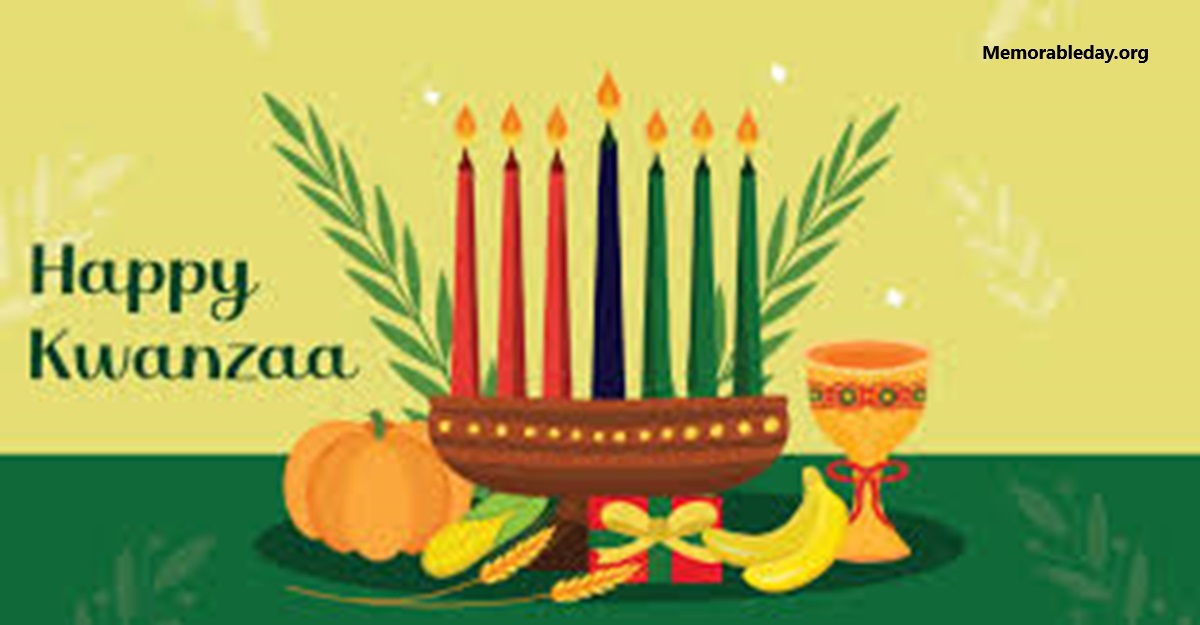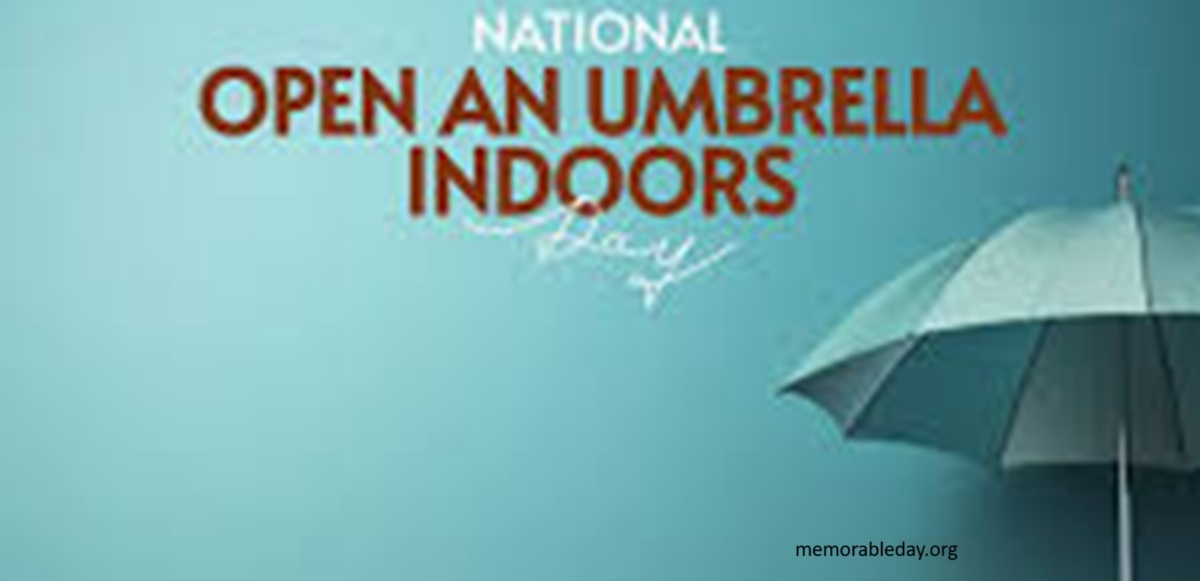
Kwanzaa is a vibrant and meaningful celebration that honors African heritage, culture, and unity. Observed annually, Kwanzaa is a time for families and communities to come together in reflection, appreciation, and commitment to shared values. The holiday is rooted in rich traditions that emphasize unity, self-determination, and collective progress. While Kwanzaa officially begins on December 26th, many individuals and communities start preparing and celebrating as early as December 26, making it a month-long observance of African pride and cultural significance.
History of Kwanzaa
Kwanzaa was founded in 1966 by Dr. Maulana Karenga, a professor of African Studies, as a way to celebrate African culture and create a sense of unity among African Americans. Inspired by traditional African harvest festivals, Kwanzaa incorporates cultural symbols, rituals, and principles to reinforce community values. The name “Kwanzaa” derives from the Swahili phrase “matunda ya kwanza,” meaning “first fruits,” signifying gratitude for the harvest and the blessings of life.
When is Kwanzaa Celebrated?
Kwanzaa is officially celebrated from December 26th to January 1st. However, many families and communities begin preparing for Kwanzaa in early December. Some also choose to observe pre-Kwanzaa celebrations on December 26 to reflect on the seven principles and plan meaningful activities leading up to the official holiday week.
How We Celebrate Kwanzaa
There are many ways to celebrate Kwanzaa, and each activity reflects its cultural significance. Here are some key traditions:
- Lighting the Kinara – Each night, a candle is lit on the kinara to honor one of the seven principles.
- Reflecting on the Nguzo Saba (Seven Principles) – Unity, self-determination, collective work, cooperative economics, purpose, creativity, and faith.
- Sharing Stories and Wisdom – Elders and family members pass down history, traditions, and lessons to younger generations.
- Feasting at Karamu – A grand meal on December 31st brings family and friends together in celebration.
- Exchanging Handmade Gifts – Symbolizing creativity and personal expression, gifts encourage cultural appreciation.
- Cultural Performances – Music, poetry, and dance highlight African heritage and storytelling traditions.
Why is Kwanzaa Celebrated?
Kwanzaa is celebrated to honor African culture, values, and unity. It is a time for reflection, renewal, and reaffirmation of community bonds. The holiday instills pride in African heritage and encourages individuals to uphold the seven principles in their daily lives. Kwanzaa serves as a reminder of the strength, resilience, and contributions of the African diaspora.
Celebrate Kwanzaa on December 26
While Kwanzaa officially begins later in December, celebrating on December 26 allows for early reflection and preparation. Families and communities can start discussions on the seven principles, engage in cultural activities, and set intentions for a meaningful holiday season. Observing Kwanzaa from the start of December fosters a deeper connection to its values and promotes cultural education throughout the month.
Kwanzaa Quotes
- “Kwanzaa is a celebration of family, community, and culture.” – Maulana Karenga
- “Let us light the kinara and illuminate the path to unity.”
- “Kwanzaa reminds us that we are stronger together.”
- “Faith, creativity, and purpose guide us in Kwanzaa and beyond.”
- “Unity is the foundation of a thriving community.”
Kwanzaa Wishes
- Wishing you a joyous and meaningful Kwanzaa celebration!
- May the seven principles of Kwanzaa bring prosperity and strength to your family.
- Happy Kwanzaa! May unity and love fill your home.
- Celebrating Kwanzaa with gratitude and pride in our heritage.
- May your Kwanzaa be rich with culture, reflection, and joy!
Kwanzaa Greetings
- Happy Kwanzaa! May this season bring you peace and prosperity.
- Wishing you a Kwanzaa filled with unity and love.
- Sending warm Kwanzaa blessings to you and your loved ones.
- May the light of the kinara guide you toward strength and wisdom.
- Kwanzaa is a time to cherish heritage—enjoy the celebration!
Kwanzaa Messages
- May the seven principles of Kwanzaa inspire you throughout the year.
- Celebrating African heritage and unity this Kwanzaa season.
- Wishing you a holiday filled with love, laughter, and tradition.
- May Kwanzaa bring peace, prosperity, and progress to all.
- Honoring our roots and embracing our future this Kwanzaa.
Conclusion, Kwanzaa is a powerful celebration that fosters unity, pride, and cultural appreciation. Whether you begin celebrating on December 26 or later in the month, the essence of Kwanzaa remains the same—embracing shared values, honoring heritage, and building a stronger community. As you reflect on the seven principles, may your Kwanzaa be filled with joy, reflection, and meaningful connections.
Kwanzaa FAQs
Q: When is Kwanzaa officially celebrated?
A: Kwanzaa is observed from December 26th to January 1st.
Q: Can Kwanzaa be celebrated on December 26?
A: Yes! Many people start preparing for Kwanzaa in early December, using the time for reflection and cultural engagement.
Q: What are the seven principles of Kwanzaa?
A: The principles are Umoja (Unity), Kujichagulia (Self-Determination), Ujima (Collective Work), Ujamaa (Cooperative Economics), Nia (Purpose), Kuumba (Creativity), and Imani (Faith).
Q: Do you have to be African American to celebrate Kwanzaa?
A: No, Kwanzaa is open to anyone who values its principles and seeks to celebrate African culture and heritage.
Q: How can I celebrate Kwanzaa with my family?
A: You can light the kinara, reflect on the seven principles, prepare a special meal, engage in storytelling, and share handmade gifts.
May your Kwanzaa season be bright and full of meaning!






